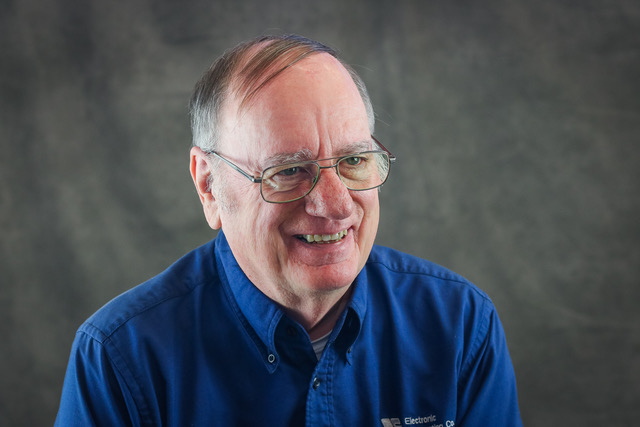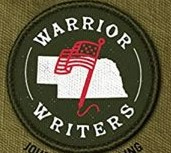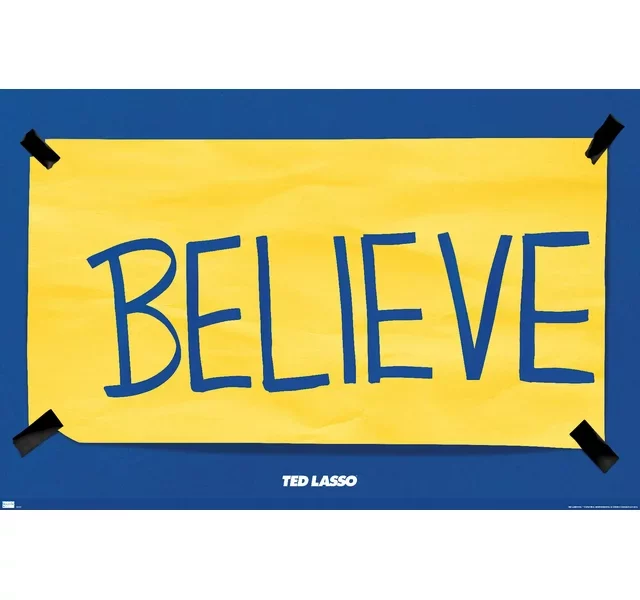by Donald Dingman
I’m only three months into my 72nd year, yet I can honestly say I have personally known a veteran from every U.S. conflict for the last 125 years.
The oldest veteran, William Steele, was an elderly customer on my paper route back in 1961. I had to search old city directories to get his name correct. While we were talking about the military one day, he mentioned that he had been in the Spanish-American War. I was too young at the time to think about asking him more questions.
The next oldest was my wife’s grandfather, Otto Krehnke. He was a ‘dough-boy” in World War I. The subject of our war experiences never came up whenever we visited. We found a photo of him in his uniform after he died.
I was both a student of, and a friend outside of school, of Lt. Col. Paul Adams, one of the Tuskegee Airmen in World War II. The only comment I remember his saying about his service was that he needed a pillow in his seat to reach the pedals of his P-51. A Lincoln Elementary School is named after him.
Both my father, John Dingman and his brother, Floyd served in World War II. Dad served in the Pacific as part of Construction Battalion #18, as a crewman on the Cybelle, AKS-10 and the fleet going tug, Mataco, ATF-86. According to the ship’s history, the Mataco towed ships in the Marshal Islands during the A-bomb tests. I actually stood on its deck while I was on active duty.
Floyd served as a fireman on the destroyers, Agerholm, DD826 and the Brownson, DD868. These two ships served in the Atlantic. He never spoke of his Navy time to me. I only grew up knowing he served.
My maternal uncles, Henry Cordes and his brother Eugene served in the Marines. Henry started out as a mechanic but with the motor pool of the tank battalion full, his typing skills got him assigned work in the HQ. He volunteered for Korea and served the last six months of the war in the First Marine Division Headquarters, working in the Casualty Reporting Section. He was stationed about a mile from the front line and helped keep track on all of the injured personnel. This included visiting field hospitals and even the Denmark hospital ship, Jetlanda, off shore. At 91, Henry and I still trade the inter-service barbs of who’s better, Navy or Marines.
Uncle Eugene joined the Marines in the late fifties and served the change of decades as an electronics technician at the radar installations of Marine Corps Air Stations in Yuma, Arizona and El Toro, California. He never served overseas as far as Henry can remember.
I attended the Navy Parachute Rigger School in Lakehurst, NJ followed by two years at the Naval Air Station in Brunswick, Maine. Ten miles from where my uncle’s ship the Agerholm was built in Bath, Maine.
I finished my tour of duty aboard the Amphibious Assault Ship, Tripoli, LPH-10. This included a deployment to Vietnam and the Indian Ocean during the Indo-Pakistani war of 1971. I became a “Shellback “on this cruise after crossing the equator.
Since that time, I’ve had a number of co-workers and met vets from my wife’s family. All branches of the services are represented. Some of her older relatives were in Korea and the rest, including my co-workers were in the European and Mid-East conflicts. My niece’s husband Jared Lauck injured his knee in Kuwait while serving in the Marines.
My grandfathers and my son were born in the right years to avoid the draft. They will never have the war stories the rest of us have, but I’m glad they didn’t need to experience the horrors of war.
I am proud to belong to the brotherhood of military veterans and hopefully have told my son more about my Navy time than I learned from my father. Even when I was on active duty, he only spoke of the two ships he was on. I found out more from his hidden diary after his death.
I am hoping that more youth will engage us veterans on the subject of our military experiences. Not only to help the younger generations learn about our history from the men and women who lived it, but also to allow the veteran to speak of their buried memories, enabling both to live life more fully.

Bio:
Donald Dingman is a Navy veteran who maintained aircrew survival equipment both stateside and on board ship off the coast of Vietnam.
He is a retired architectural draftsman, having designed numerous fire alarm systems around the country.
In retirement, he enjoys writing romantic fiction and riding his three bicycles.



